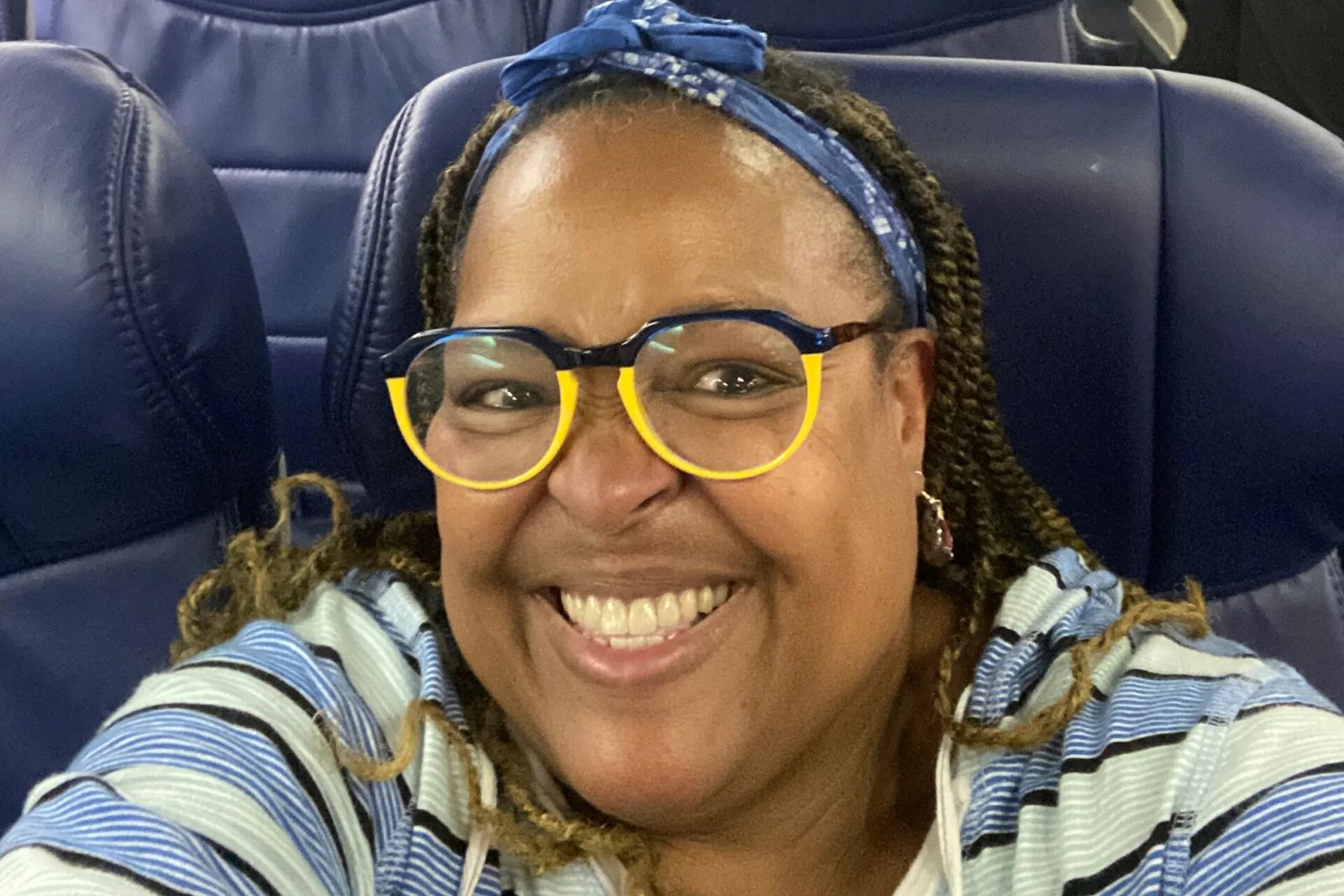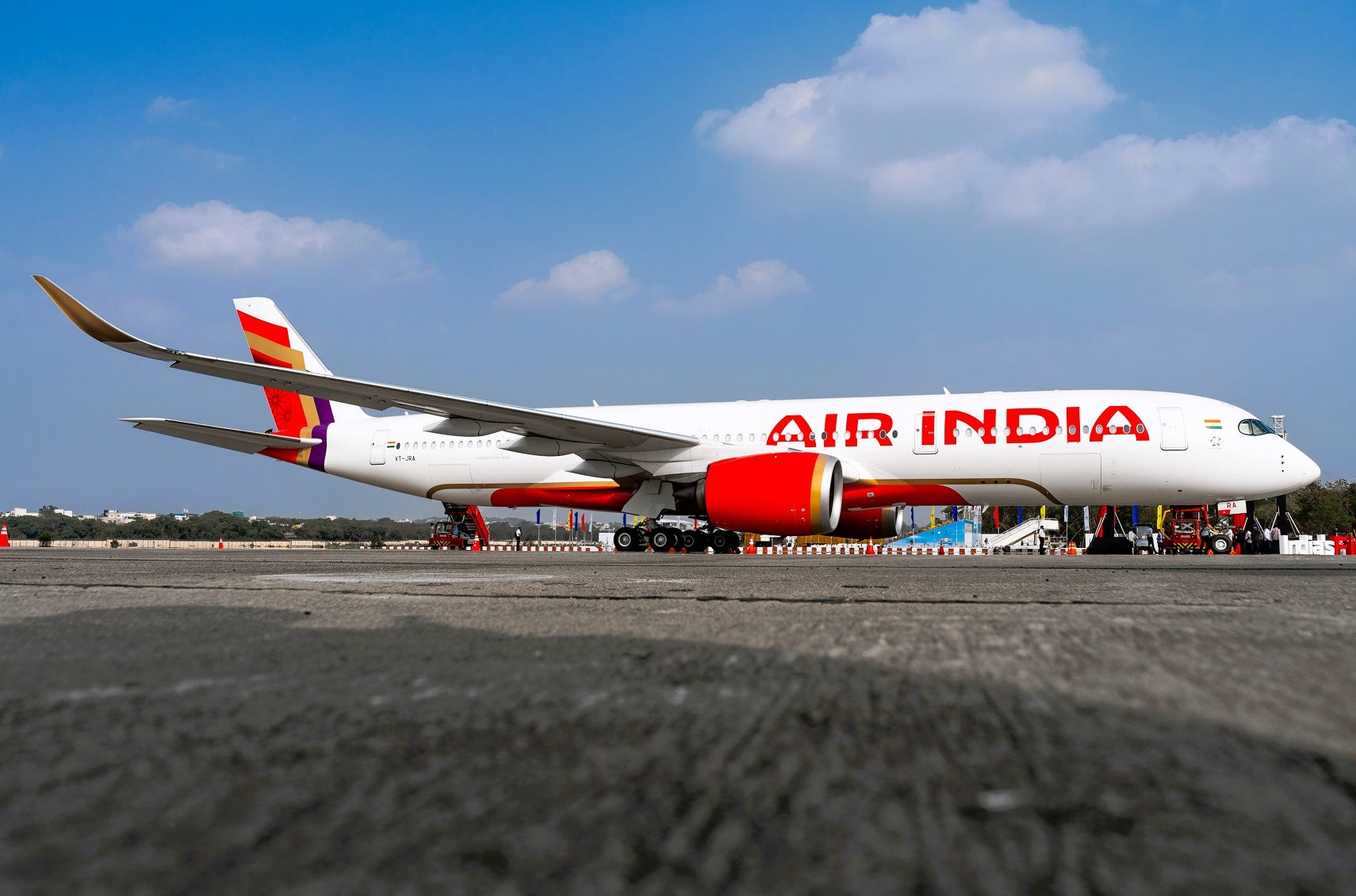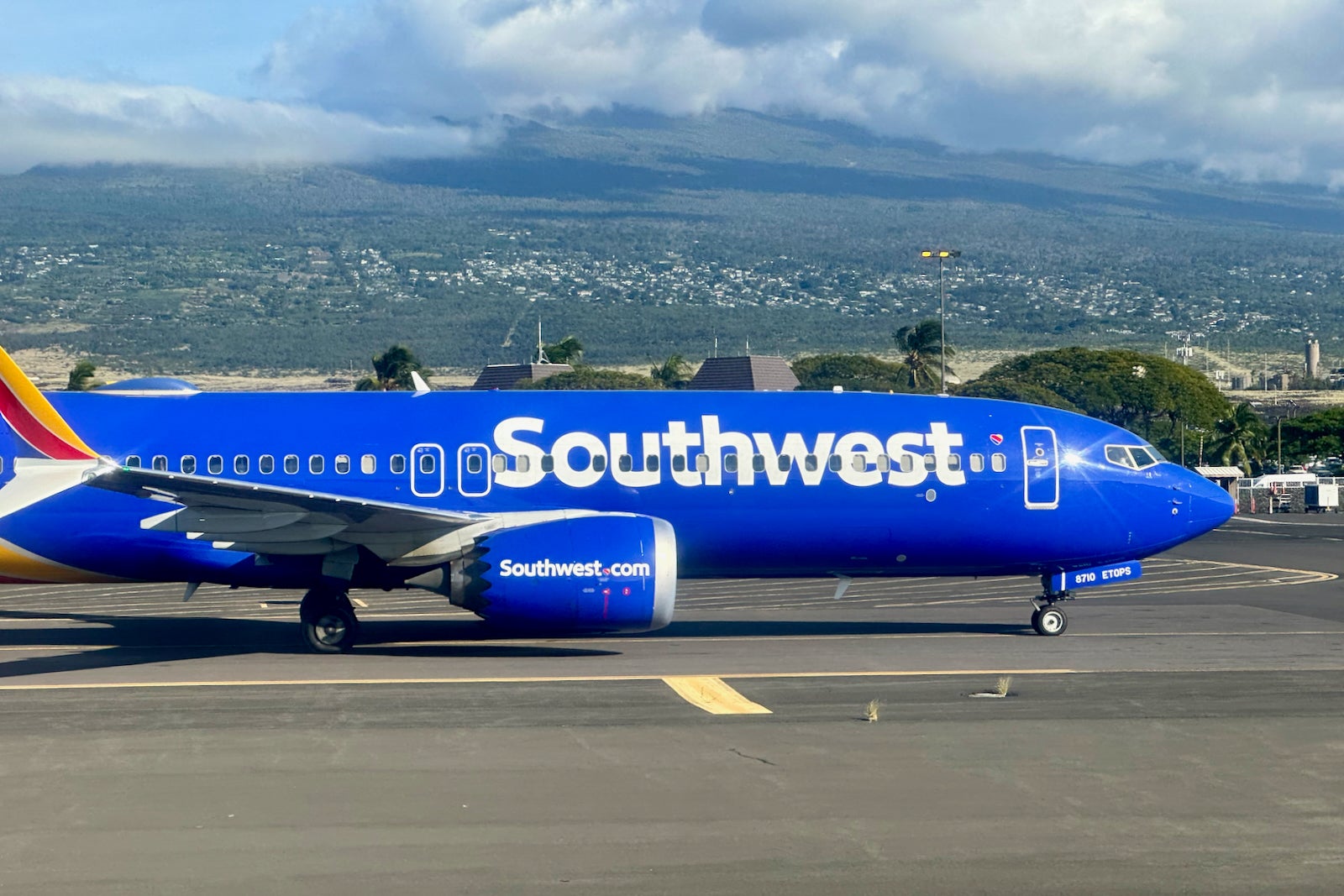The end of an era: Why I’m sad about Southwest Airlines saying farewell to open seating
I’ve flown and loved Southwest Airlines since 1992 — yes, that long. Even as other travelers raved about their favorite airlines where frequent flyer programs could unlock lie-flat seats and fancy upgrades, I favored Southwest. I might have even been the only TPG staffer who ranked Southwest first on their airline preference list when I started in 2019.
A main reason I was sometimes a dissenting voice defending my beloved airline: the carrier’s quirky open-seating policy.
Related: Southwest Airlines will end open seating: What you need to know
In truth, it was sometimes hard to explain why Southwest was my airline of choice compared to the three U.S. legacy carriers that offer perks like assigned and premium seating.
Related: AA, Delta, United and Southwest: TPG frequent flyers duke it out over who’s best

But, like many die-hard Southwest enthusiasts, I was a big fan of open seating.
Having Southwest A-List status for the past 10 years allowed me to get automatic early boarding. This meant I was pretty much guaranteed my preferred aisle seat in the first five rows of the aircraft, assuming I was at the gate to board on time. Even when I had to change flights and lost my preferred boarding advantage, I knew I could probably still get my favored aisle seat because my status allowed me to hop on my flight right after the A group boarded.
Related: How to snag the best seats on Southwest Airlines
As a professed Southwest Airlines superfan, I woke up this morning to texts, direct messages and callouts on social media asking me how I felt about this major change.
My first thought was sadness. Open seating is a part of Southwest’s culture and more laid-back approach to air travel. Many have long derided the airline for its “cattle call” lineup boarding process. However, I thought it made for a unique experience that had some real advantages over the more common assigned seat approach other U.S. airlines use (where very few seats on the aircraft are actually available for assignment without paying extra fees).
But, while I may have been sad, the announcement wasn’t a big surprise.
In the past year, there were hints about the airline’s eventual move to assigned seating. Having activist investor Elliott Investment Management take a $1.9 billion stake in Southwest didn’t help the status quo; this was in part because that group accused Southwest’s management team of failing to evolve and having poor execution and leadership. The carrier has likely struggled to capture some lucrative business travelers who are turned off by its open-seating concept. Additionally, open seating is at odds with picking up additional revenue from travelers who are willing to pay extra to lock in the best seats.
Looking at Airline Economics 101, it was only a matter of time before Southwest buckled under the pressure to offer assigned seating to better compete with legacy and ultra-low-cost carriers.
As someone who has covered the airline industry for 32 years, I understand the economics and the need to attract customers willing to pay more for a premium experience. But as a longtime fan of open seating, I’m sad that a key part of the Southwest experience is disappearing.
As I think about this seismic shift in the airline’s culture and approach to flying, I wonder what other changes are coming down the pike. Changes to A-List status? A bare-bones basic economy product? Or — heaven forbid — changes to its ever-popular free bags policies?
Southwest has said no changes are coming to the baggage policy, but at this point it feels like anything is possible. Each update takes Southwest further away from the unique culture and onboard product I’ve championed for over 30 years. Change continues to be inevitable in the airline industry, but it doesn’t mean I have to like it.
I look forward to hearing more details in September about the new premium seats and how the assigned seating will work. I’m especially curious to hear how A-List status might play into all of that.
Only time will tell what the carrier’s evolution will look like and what it will become. I may not be happy about this announcement, but I still plan to fly Southwest as long as it continues to get me from point A to point B at a good price and shows it still appreciates my business.
Related reading:
- Your complete guide to maximizing Southwest Rapid Rewards
- The best Southwest Airlines credit cards
- How to quickly earn the Southwest Companion Pass
- What is Southwest Airlines elite status worth?
- Maximize your airfare: The best credit cards for booking flights
- The best credit cards to reach elite status
- How to change or cancel a Southwest Airlines flight






